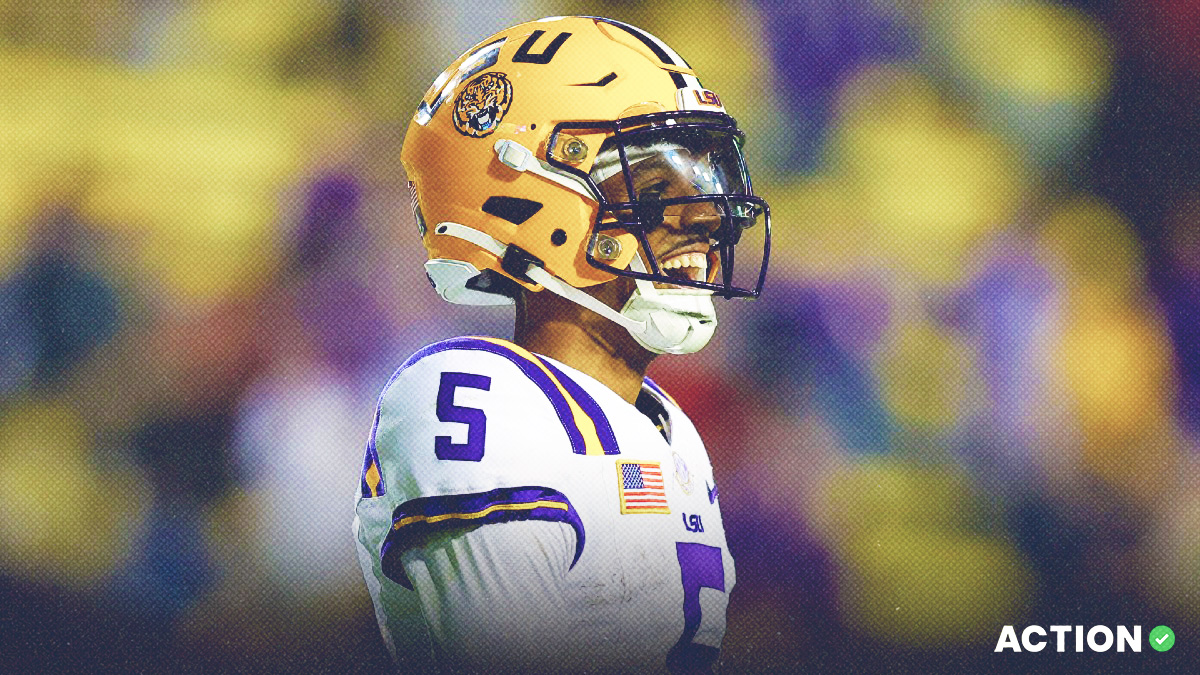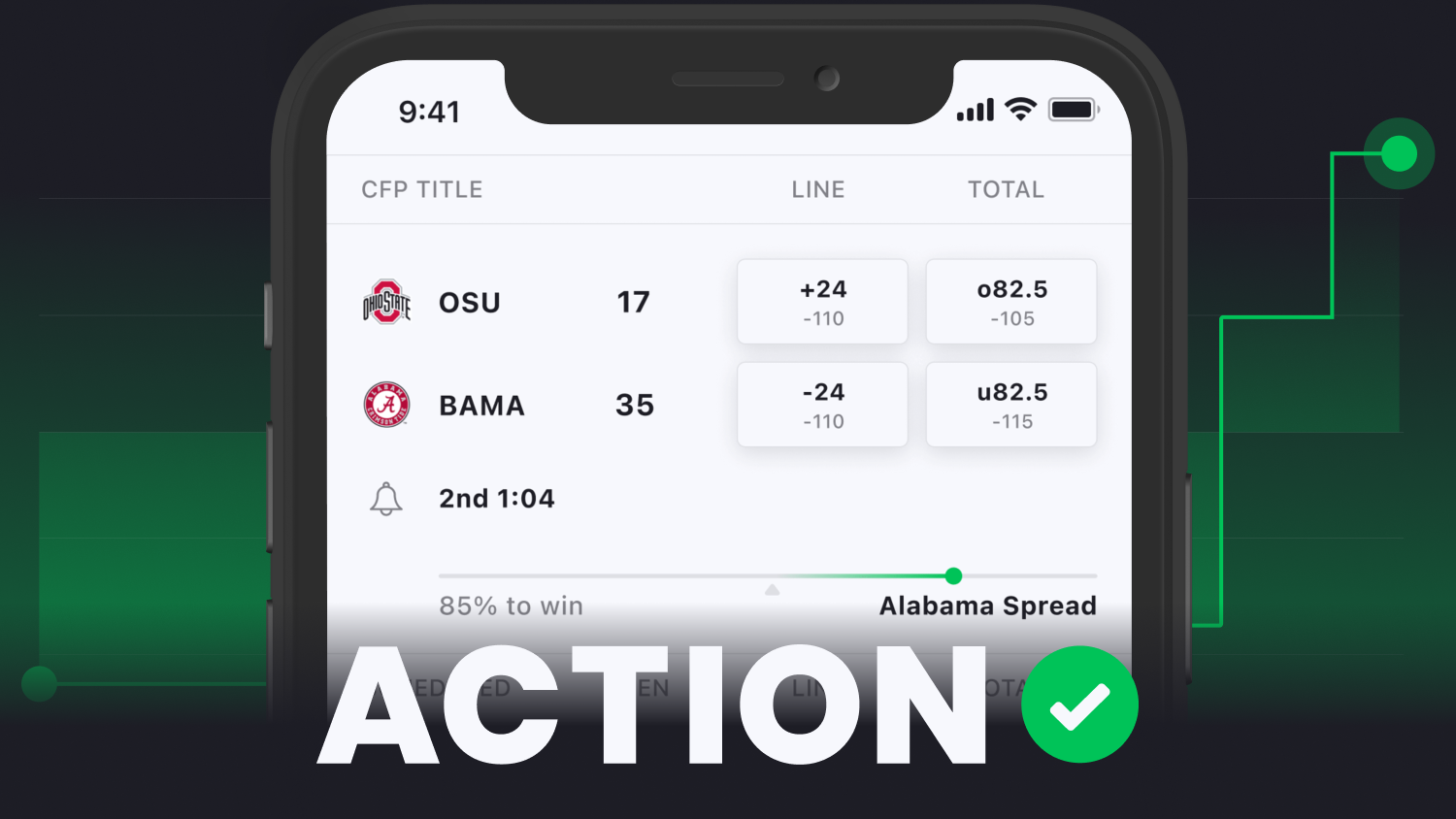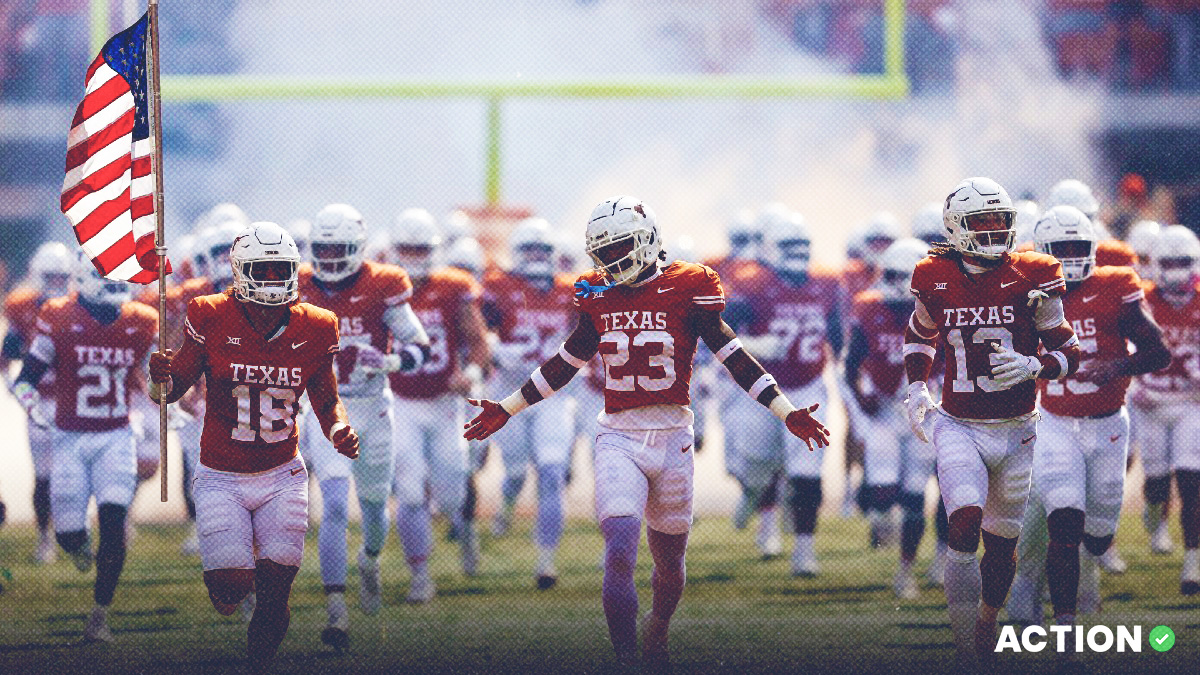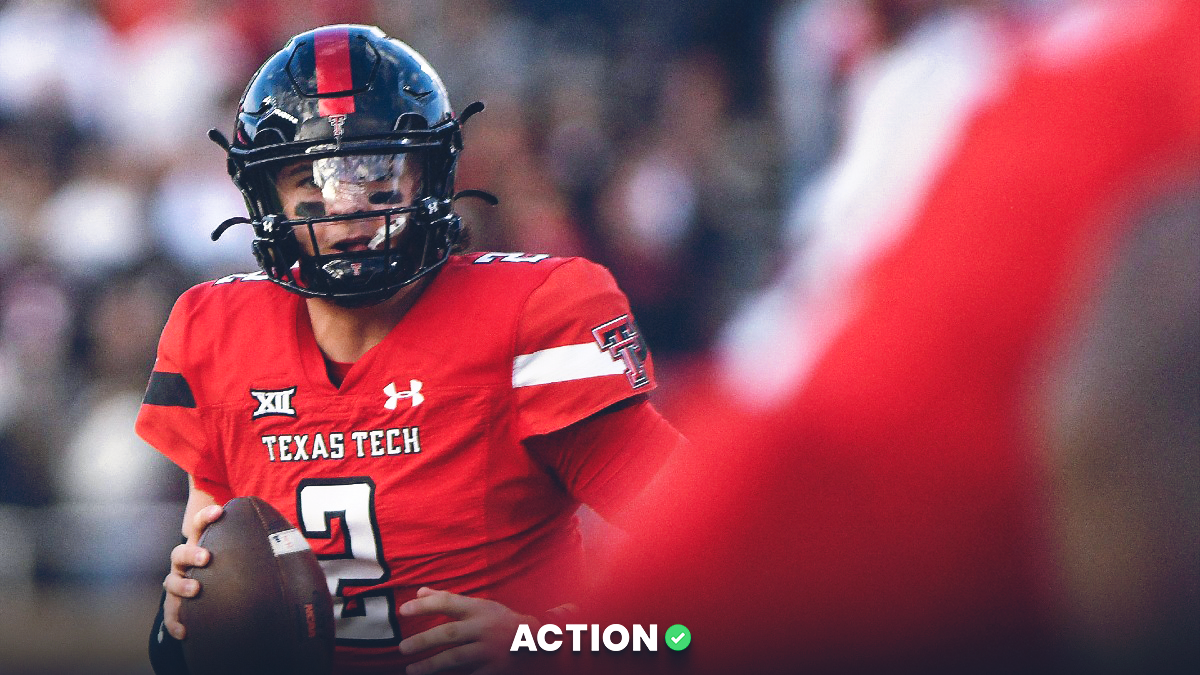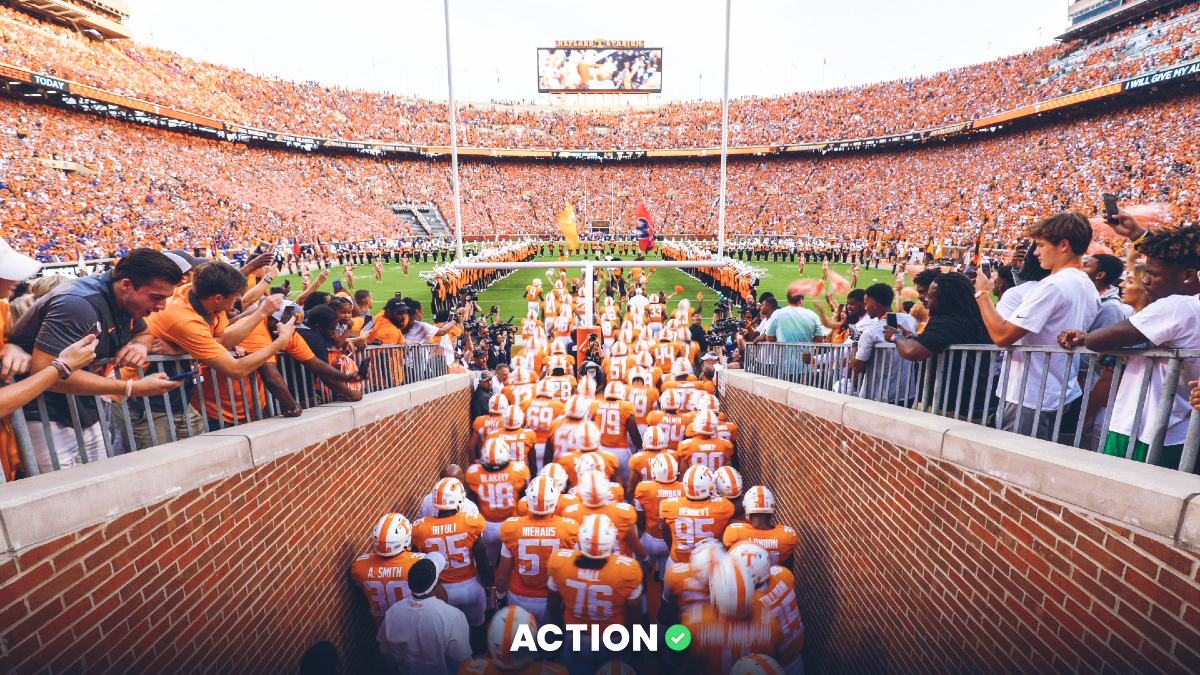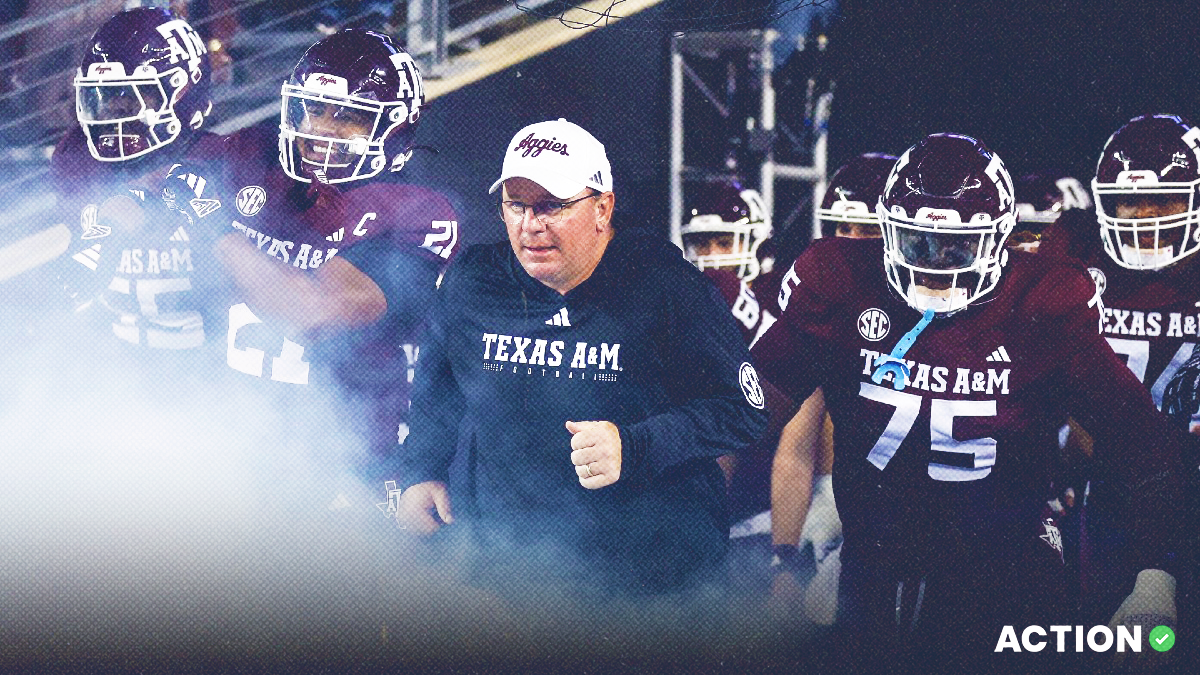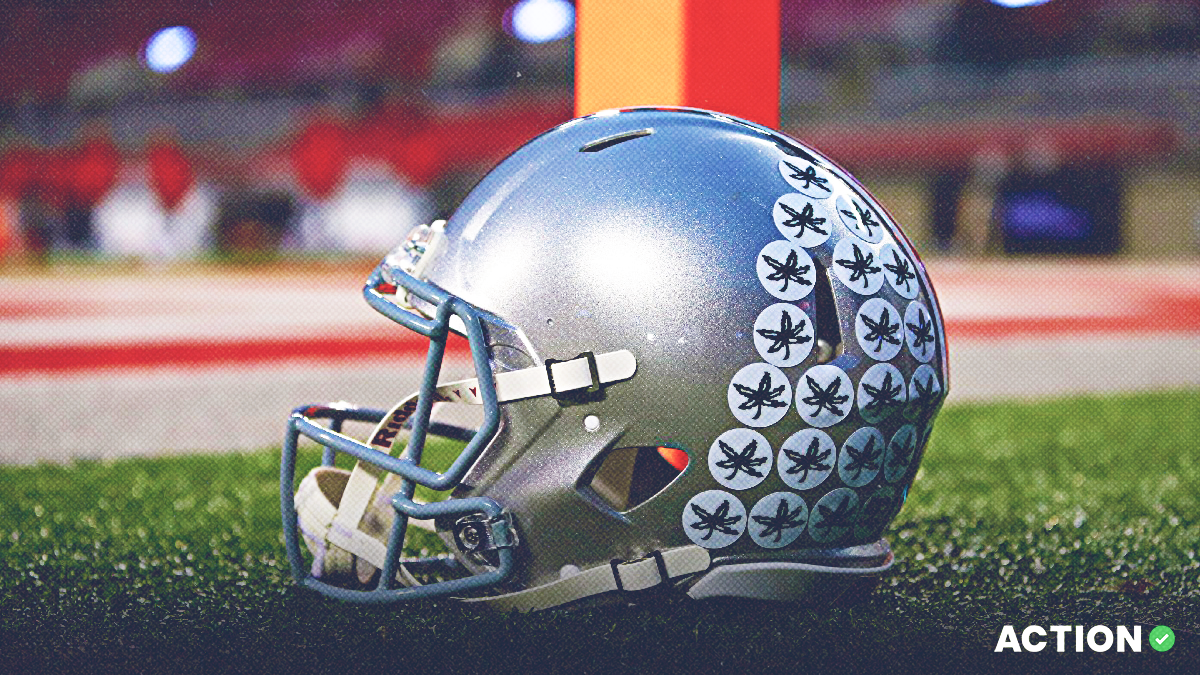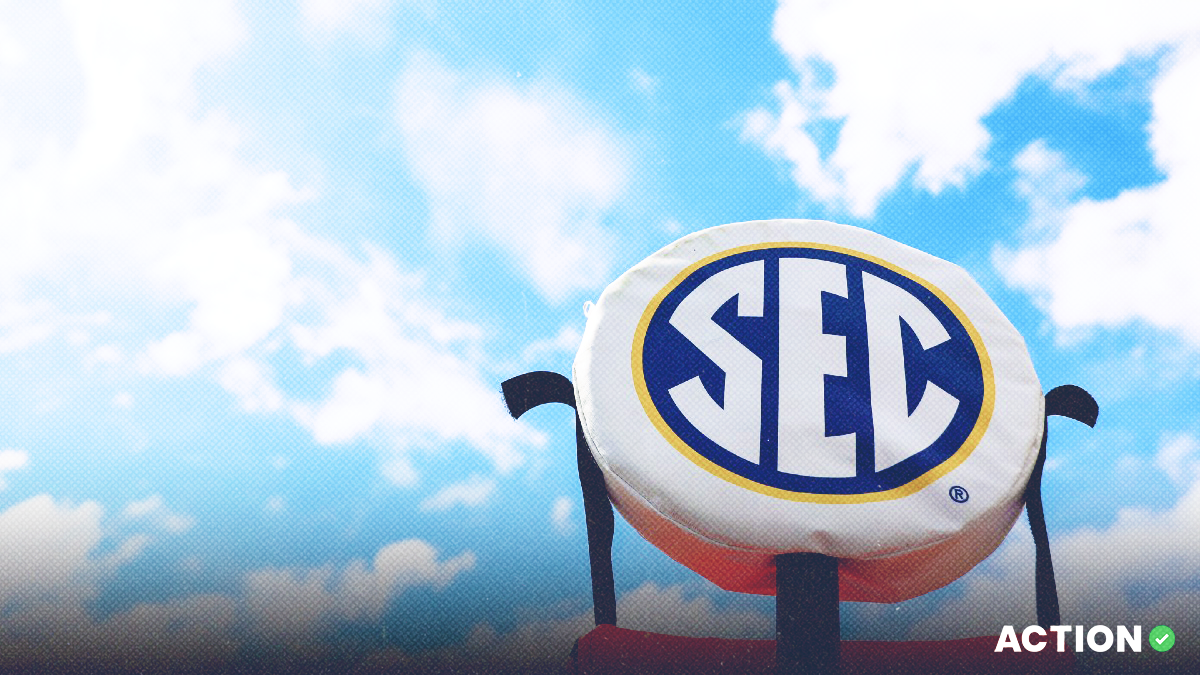On Dec. 9, the Heisman Trophy will be announced. Supposedly, it will be awarded to the nation’s “most outstanding player.”
Unfortunately, that doesn’t always happen. Instead, it goes to the “Best Player On a Team Playing For a Conference Title.”
Imagine a player on a three-loss team who leads the nation in total offense, passing touchdowns, touchdowns responsible for, passer rating and rushing yards for a quarterback. He's also No. 2 in passing yards.
Can you picture that player, Heisman voters? Now imagine LSU’s Jayden Daniels was playing for a conference title. Does that make a difference? Should it? No.
But if Daniels was playing next week on Championship Saturday, this year’s Heisman race would be a landslide.
How much has a team’s win-loss record impacted who won the Heisman? In 16 of the past 22 seasons, the Heisman Trophy winner was on a team with fewer than two regular-season losses.
Some voters will want to penalize Daniels’ record-breaking season because LSU has three losses and won’t be playing next weekend. Why is that? Maybe it’s because LSU’s defense has more holes than Swiss cheese — and yes, I know that’s insulting to Swiss cheese.
LSU has lost three games to teams currently ranked No. 5 (Florida State), No. 8 (Alabama) and No. 12 (Ole Miss) because the Tigers defense allowed 45, 42 and 55 points, respectively.
For all his attributes, Daniels does not play defense.
Daniels is, however, only the second player in SEC history with more than 3,500 yards passing and 1,000 yards rushing. The other was Texas A&M’s Johnny Manziel, who won the 2012 Heisman despite playing for a two-loss team that also didn’t play in a conference title game.
Since 2014, in the College Football Playoff era, every Heisman Trophy winner except one was on a team that either played in a conference title game or in the College Football Playoff.
The only exception was Louisville’s Lamar Jackson in 2016, who won despite the Cards’ 9-3 record. In the past 24 years, the only other Heisman winners who played on teams with three regular-season losses were Baylor quarterback Robert Griffin III (2011) and Florida quarterback Tim Tebow (2007).
Daniels is averaging 417 yards per game total offense — more than any Heisman winner in the last 11 years. However, against Power 5 competition, he’s actually averaging more at 437 yards per game.
Most remarkably, against Power 5 opponents this year, he’s averaging 10.35 yards per play. Every time he takes a snap, LSU averages a first down.
Daniels literally is the “Human First Down.” (Note to LSU, please send me a T-shirt, size large, when you print those up).
Undoubtedly, a lot of years the “most outstanding player” also happens to be on one of the nation’s best teams. But it shouldn’t be a requirement.
Maybe that thinking is changing — at least, it is on social media.
I recently conducted a couple of Heisman polls on my Twitter (X) feed. On Nov. 17 and again on Monday, I asked, “Who gets your Heisman Trophy vote?” between Daniels, Oregon QB Bo Nix, Washington QB Michael Penix Jr. and Ohio State WR Marvin Harrison Jr.
Those two Twitter (X) polls received a total of nearly 48,000 votes. Daniel received 41% of the vote, followed by Nix (26%), Penix (21%) and Harrison (12%).
Maybe the prejudiced thinking of automatically voting for the best player on one of the best teams is changing? Let’s hope so. We’ll find out on Dec. 9.
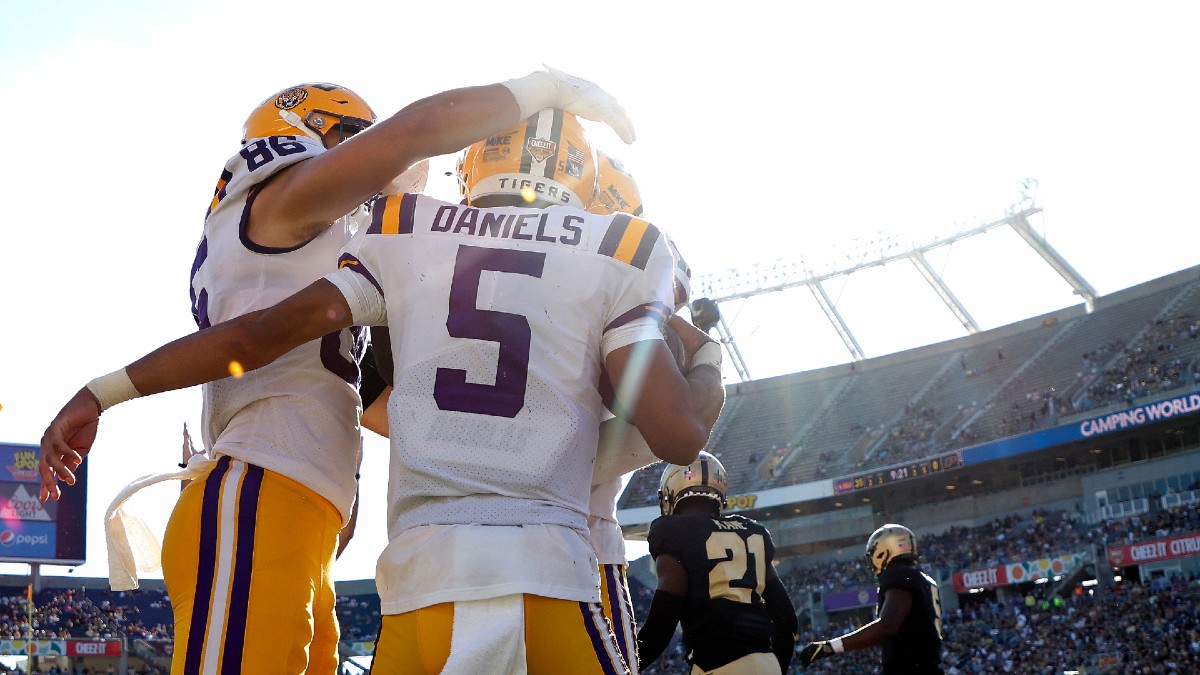
Rankings Recap 🔢
For the past four weeks, the College Football Playoff selection committee has told us loud and clear: Texas is screwed.
If Longhorns fans think the Big 12 is out to get them in their final season, then hold on to your 10-gallon cowboy hats. The selection committee is telling us if Texas wins the Big 12 title, it still might not get in the College Football Playoff.
Since the initial rankings on Oct. 31 and every single week since, including Tuesday’s latest rankings, Oregon has ranked No. 6 and Texas No. 7
On Oct. 31, here were the resumes of Oregon and Texas.
- Oregon: a 3-point loss to No. 5 Washington and one Top 25 win at No. 18 Utah.
- Texas: a 4-point loss to No. 9 Oklahoma and two Top 25 wins at No. 8 Alabama and No. 21 Kansas.
Now, let’s compare Oregon and Texas today.
Oregon no longer has any Top 25 wins since Utah has dropped from the rankings. Texas’ win against Kansas is no longer a Top 25 win either, but the Longhorns added a Top 25 win against Kansas State.
So, Oregon has no Top 25 wins, and Texas has two.
But the real reason Texas is screwed is that Oregon closes with No. 16 Oregon State and a likely rematch with No. 4 Washington in the Pac-12 title game. Texas faces unranked Texas Tech and possibly No. 20 Oklahoma State in the Big 12 title game.
If the selection committee wouldn’t rank Texas above Oregon when UT had the better resume, there's no chance the Longhorns leap-frog the Ducks in the final two weeks.
There are dozens of scenarios where Texas could move into the top four. But UT better hope it doesn’t come down to Texas and Oregon because the committee already has shown its hand.
And if you think that’s bad, just wait until the selection committee moves Texas behind Alabama if the Tide beat Georgia in the SEC title game.
Stat of the Week 📈
5,622 days. That’s how many days have passed since July 1, 2008.
What’s significant about that day? That’s when Utah’s Kyle Whittingham, having gone a few days without working out, decided he would work out every day (excluding some Sundays) from that point on.
“I wanted to see how long I could go,” Whittingham told me last summer. “Knock on wood. I haven’t missed any since.”
How long ago was 5,622 days? To put it in perspective only six — SIX! — head coaches are still at their current jobs that were there on July 1, 2008: Whittingham, Iowa’s Kirk Ferentz, Oklahoma State’s Mike Gundy, Middle Tennessee’s Rick Stockstill, Air Force’s Troy Calhoun and Alabama’s Nick Saban.
TV Eyeball Watch 📺👀
No. 1 Georgia at Tennessee captured the most viewers last week, giving CBS the top-rated game for the third time in the past four weeks.
Here were last week’s top-rated games, according to SportsMediaWatch.
Last week’s top five (all times ET):
- Georgia at Tennessee, 5.73 million (CBS, 3:30 p.m. ET)
- Michigan at Maryland, 5.43 million (FOX, noon)
- Washington at Oregon State, 4.73 million (ABC, 7:30 p.m.)
- Louisville at Miami, 2.89 million (ESPN, noon)
- UCLA at USC, 2.65 million (ABC, 3:30 p.m.)
Good Teams Win, Great Teams Cover 💰
No surprise, UNLV covered — and won — again last week. The Rebels improved to 10-1 against the spread, easily the nation’s best record, with an upset win at Air Force.
As good as UNLV has been against the spread, Vanderbilt has been the exact opposite. The Commodores are 1-10 against the spread and are 27-point underdogs Saturday at Tennessee.
Maybe Significant (Or Not) 🏈
Alabama was ranked No. 8 in Tuesday’s latest College Football Playoff rankings. This is not a good omen for the Crimson Tide.
No team ranked lower than No. 7 with two weeks remaining in the season has ever made the playoff in the first nine years of its existence.
To reach the playoff, Bama would have to upset No. 1 Georgia in the SEC title game and overcome rankings history to finish in the top four.
Here are the lowest-ranked teams at this point of the season in the College Football Playoff rankings to make the playoff:
- No. 7 Oklahoma (2019)
- No. 7 Georgia (2017)
- No. 6 Oklahoma (2018)
- No. 6 Ohio State (2014)
100% Guaranteed Pick* 💸
*Will Likely Lose 60% of the Time
Over 61.5
The Knights need a win to reach bowl eligibility, while the Cougars’ bowl hopes were crushed last week in a loss to Oklahoma State.
UCF’s offense has been much more dangerous at home, scoring 45 two weeks ago in Orlando vs. Oklahoma State.
Houston has allowed more than 30 points in five of its last seven games and probably won’t put up much of a fight defensively, but has the offense to try and keep pace with UCF.
Season Record: 6-8


